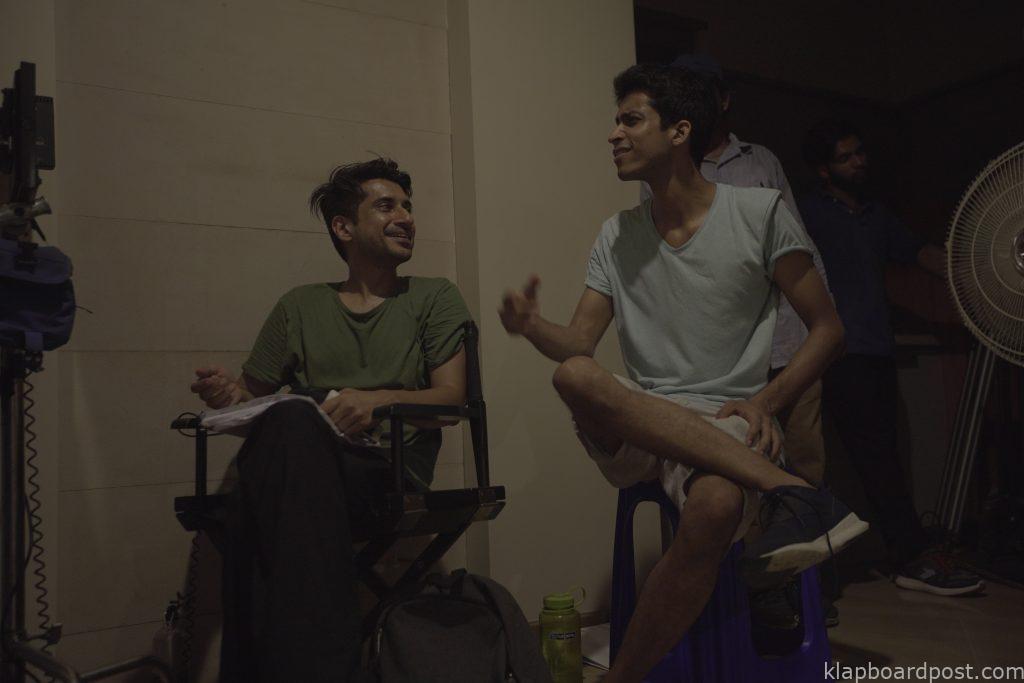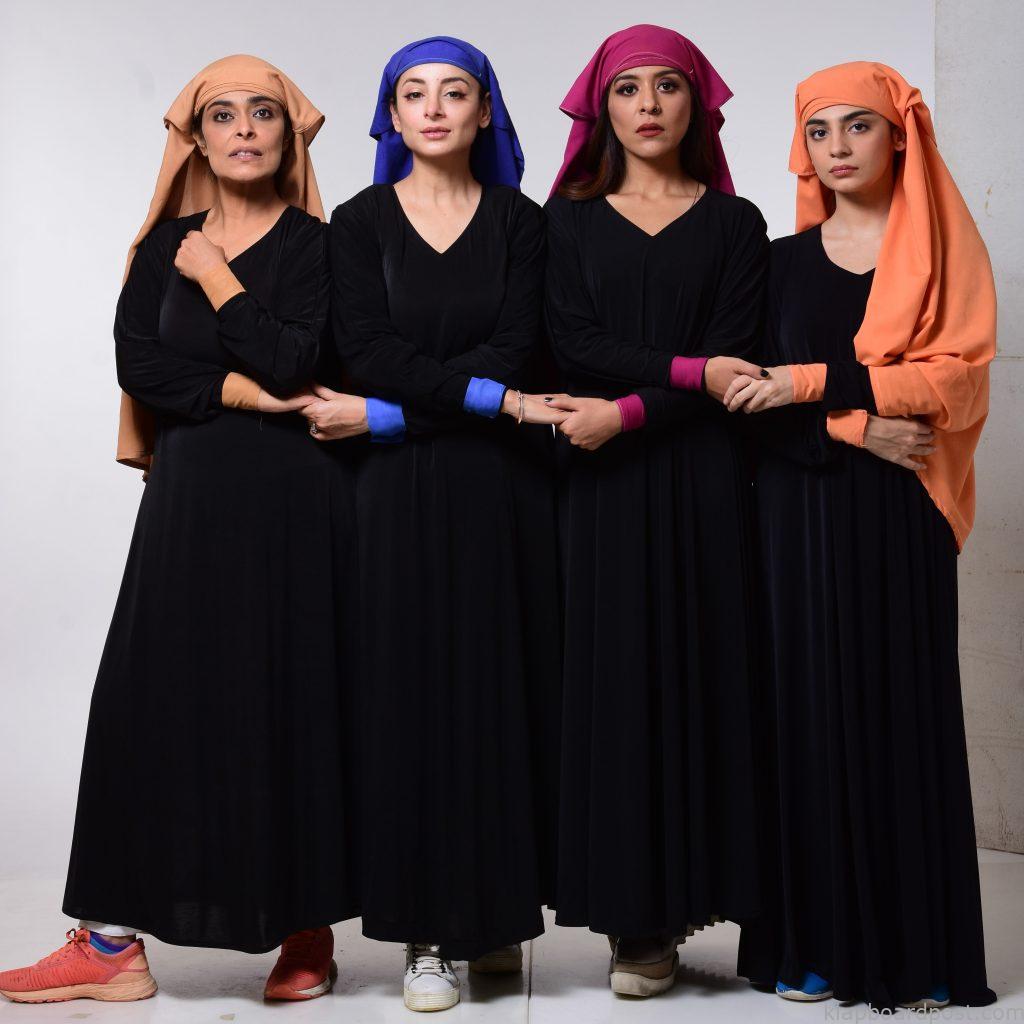Srivathsan Nadadhur
The OTT platforms have time and again proved to be a great leveller – good stories, regardless of the prominence of the star cast or region or language, have always found acceptance among streaming enthusiasts. ZEE5 Global and Zindagi offers viewers across the globe a chance to experience fine storytelling from the Pakistani land through their show Churails, directed by Cake-fame filmmaker Asim Abbasi. The show, to release on the OTT platform on August 11, is set against the backdrop of a detective agency run by four middle-aged women who use it as an avenue to spy on their cheating husbands. Churails stars actors Nimra Bucha, Yasra Rizwi, Sarwat Gilani, Mehar Bano in lead roles. In an interaction with Klapboardpost.com, the director Asim Abbasi tells us what to expect from the show.

Do you believe that Churails would trigger/inspire many filmmakers across the subcontinent to make more women-centric stories?
I wouldn’t say that other filmmakers here have not attempted something like that. India especially has had several filmmakers in the mainstream and the parallel space who’ve told great stories revolving around women. I don’t want to say I would be inspiring directors in India, but I hope attempts like my first film Cake and Churails encourages and gives confidences to filmmakers who’re scared of experimenting or desire to tell different stories revolving around characters of different age groups. We have 40-plus women leading the show in Churails. I hope it prompts producers to hire more female staff in their team, female actors (and I also mean people beyond their 20s) and help stories surrounding women come to the forefront.
When you set out to make a show like Churails set in Pakistan but made for a global audience, is there an additional pressure to make it universally relatable?
I was genuinely trying to keep the story culturally specific. It, however, came to be that the narrative had the scope to go universal. I live in the UK and a lot of my exposure is limited to the South Asian diaspora. So, to put it, I always had a global approach to the story. When you see a woman in a crowded bus getting ogled at, it’s something people in the subcontinent can immediately relate to. We, in Pakistan and India, are used to seeing overcrowded buses. Such a sight is rare in the UK, but they may relate to the idea that a man can do something that is sexually aggressive to a woman. They may not come to terms with the crowded bus, but they can relate to the incident. My approach is to tell a story within an Indo-Pakistani context and still talk about a theme that resonates with people globally.

Both your film Cake and Churails have featured men who’re gentle, calmly lending support to the women in their lives. Do you view this approach as an antidote of sorts to our films that more often than not glorify hyper-masculinity?
Yes. Even if I tell those stories about toxic men, I’ll show the men as is and not glorify them. It needs to be made clear that he’s a bad person. Films and shows made in India and Pakistan always tend to glorify toxic masculinity, something that they would be proud of. One film may not change things, but it’s a slow process. Decades of same kind of filmmaking will normalise the idea that it is okay for a man to slap a woman occasionally or beat up other men and be proud of it – which is why it becomes important for parents of young boys to tell what is right and what isn’t. It’s not that parents are limiting boys to watch films before they turn 16. I watched films about adults, their concerns as a 7-year-old. Such a story needs to be presented the way it is and not be glorified or not be made at all in the first place.
As a filmmaker, what is it like to have a release during the pandemic? Would Churails be the stressbuster that viewers across the world are looking for?
I wouldn’t know if the show would relieve their stress or worsen it (laughs). On a serious note, any content is good and useful in this hour because everyone is stuck at home and people need entertainment as a stress buster. The digital medium has been a saviour for many. I can’t imagine what would have survival amidst the pandemic meant in the pre-streaming platforms era. ZEE5 Global is coming out with content every week and I’m glad Churails is one of them. I hope people watch the show and also wish that it would become a point of discussion. The best part about streaming content is that it permanently resides on the platform and is not taken away one week later, unlike the cinemas. There’s no worry as a filmmaker if it would be able to last beyond the two-week window. OTT opens you to new audiences and a few years down the line, they may even want to re-watch it again. The narrative of Churails is one step ahead and is in tune with the audience’s tastes.













